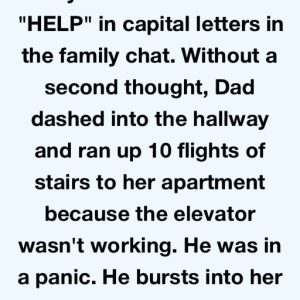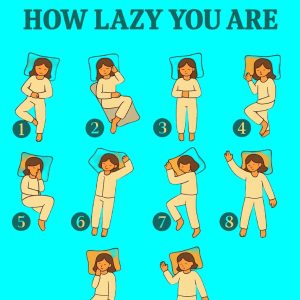**Clogged Arteries Are a Dangerous Health Problem — Catching It Early Can Save Your Life. Here Are 10 Warning Signs Your Arteries May Be Blocked**
Clogged arteries, also known as **atherosclerosis**, occur when fatty deposits (plaque) build up inside blood vessels and restrict blood flow. Over time, this can lead to **heart attacks, strokes, and other life-threatening conditions**.
The challenge is that blocked arteries often develop silently for years. But your body does send warning signs — subtle at first, then increasingly urgent. Recognizing them early can make the difference between timely treatment and a medical emergency.
Here are **10 important signs** that may indicate your arteries are becoming blocked.
—
## **1. Chest Pain or Pressure (Angina)**
One of the most common early signs.
You might feel:
* tightness
* heaviness
* squeezing
* burning
This discomfort often appears during activity or stress and improves with rest.
—
## **2. Shortness of Breath**
When arteries are blocked, the heart struggles to pump enough oxygen-rich blood.
You may feel winded from mild activity or even while lying down.
—
## **3. Fatigue and Weakness**
If your body isn’t getting enough blood flow, your muscles and organs can’t perform efficiently. Persistent fatigue — especially with light exertion — may be a red flag.
—
## **4. Pain in the Arms, Back, Neck, or Jaw**
Reduced blood flow can cause radiating pain, often misunderstood as muscle strain.
Jaw and left-arm pain are classic heart-related warning signs.
—
## **5. Numbness or Coldness in the Legs or Feet**
Blocked arteries in the legs (peripheral artery disease, or PAD) can lead to:
* numbness
* tingling
* pale skin
* cold toes or feet
Your limbs may feel unusually weak during walking.
—
## **6. Slow-Healing Wounds**
Poor circulation makes it difficult for cuts or sores — especially on the legs and feet — to heal normally.
This is a common warning sign in older adults and those with diabetes.
—
## **7. Erectile Dysfunction (ED)**
In men, ED can be one of the earliest signs of blocked arteries. Reduced blood flow affects the small arteries first — often years before heart symptoms appear.
—
## **8. Irregular Heartbeat (Arrhythmia)**
When the heart struggles to get enough oxygen, it may respond with abnormal rhythms, palpitations, or fluttering sensations.
—
## **9. Dizziness or Fainting**
Reduced blood flow to the brain can lead to dizziness, light-headedness, or even fainting — especially during exertion.
—
## **10. Leg Pain While Walking (Claudication)**
Aching, burning, or cramping in your calves, thighs, or hips that improves with rest is a classic sign of PAD and blocked arteries in the lower body.
—
# **Why Early Detection Matters**
Blocked arteries can lead to:
* heart attack
* stroke
* heart failure
* organ damage
* sudden cardiac arrest
But with early detection, lifestyle changes, medication, and medical procedures can dramatically reduce the risk.
—
# **When to See a Doctor**
Seek medical care if you experience:
* chest discomfort
* unexplained shortness of breath
* persistent leg pain
* swelling or numbness
* slow-healing wounds
A doctor may order tests such as ECG, echocardiogram, stress tests, or imaging scans to check your arteries.
—
# **Protecting Your Arteries**
You can lower your risk by:
* maintaining a healthy diet
* exercising regularly
* avoiding smoking
* managing cholesterol, blood pressure, and blood sugar
* reducing stress
—
# **Final Thoughts**
Clogged arteries don’t happen overnight — and your body gives warning signs long before a crisis. Paying attention to these signals, speaking with a healthcare professional, and taking preventive steps can protect your heart and save your life.





